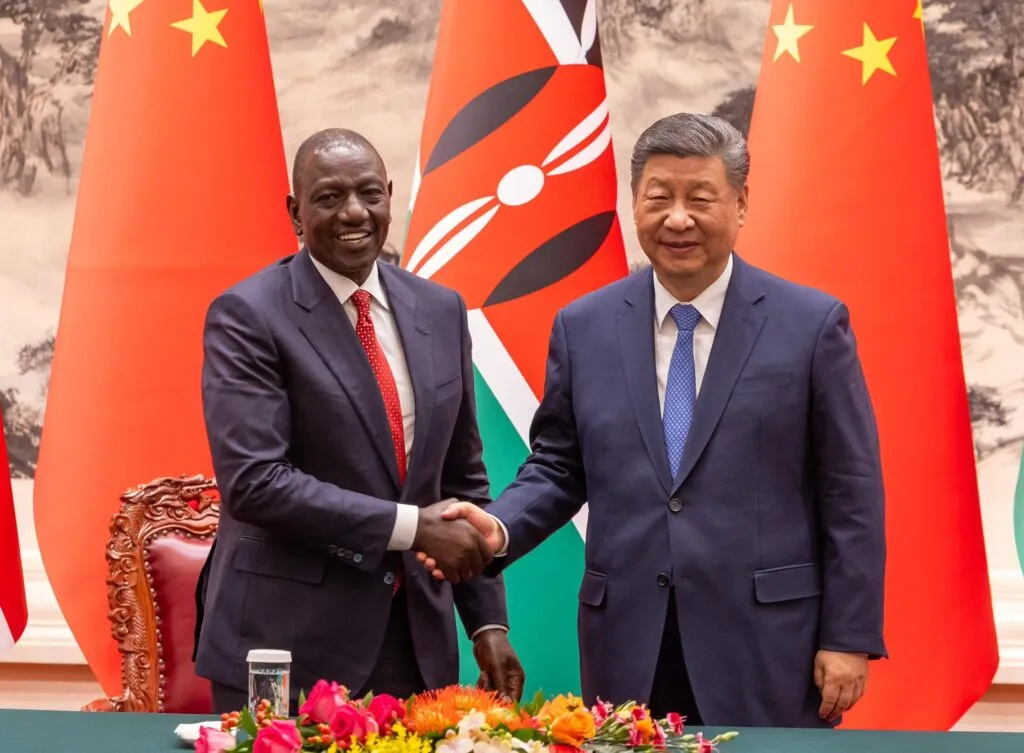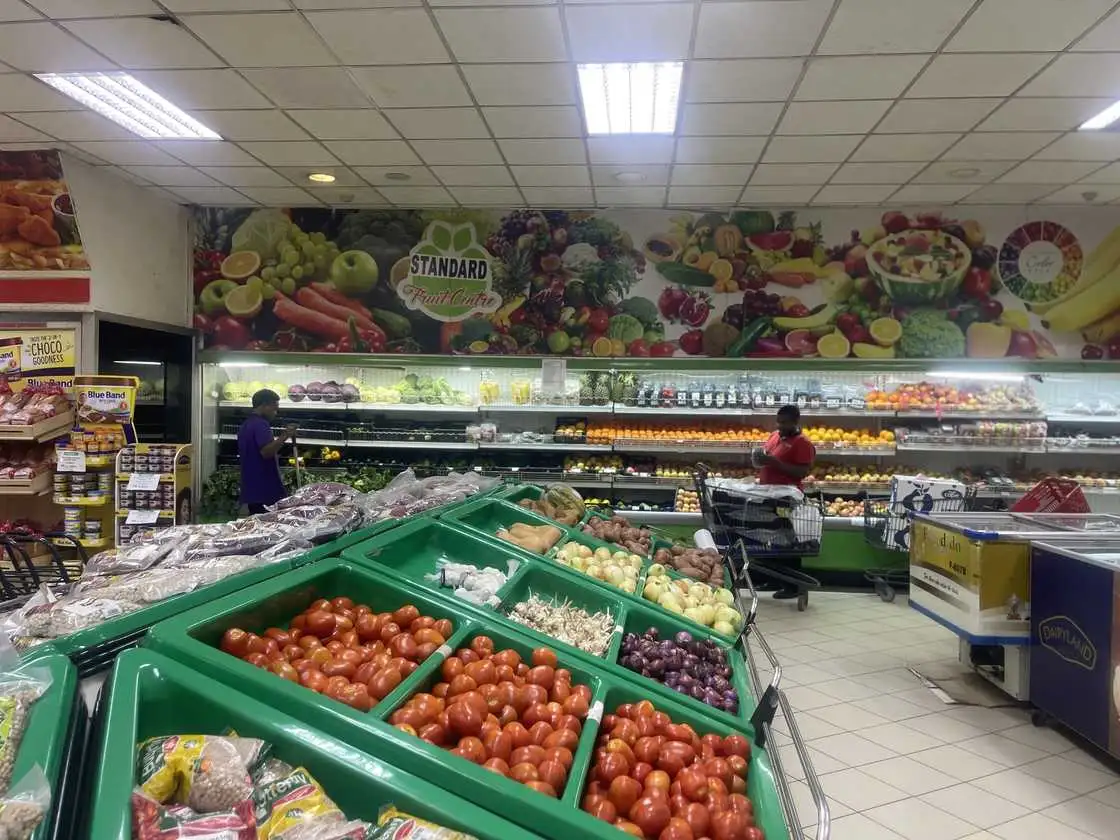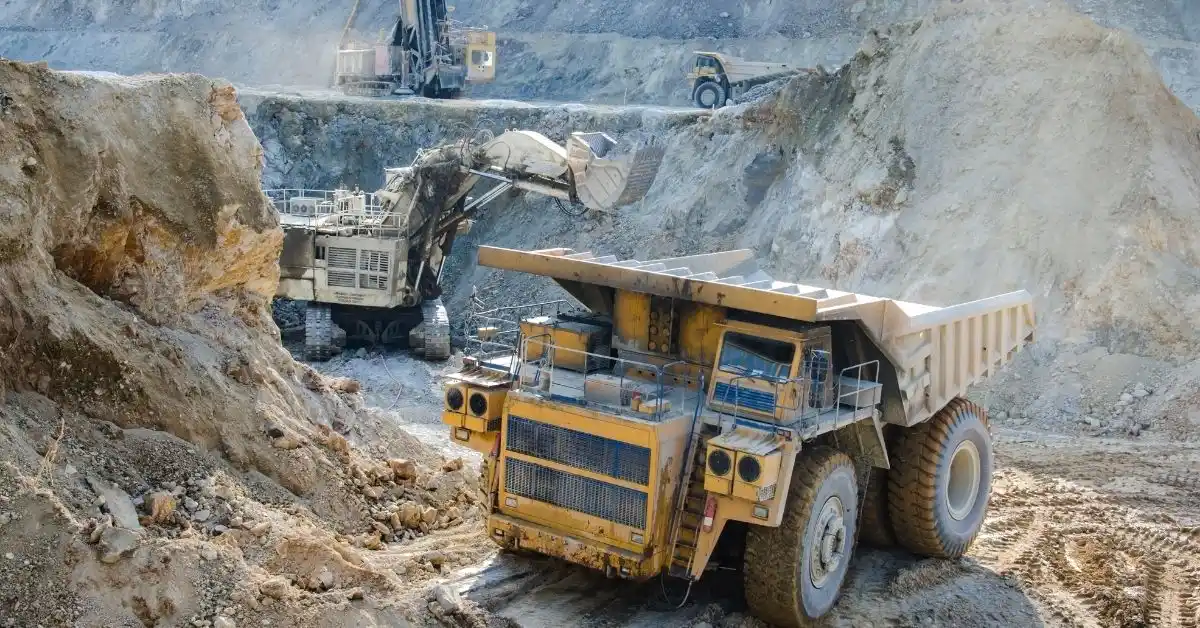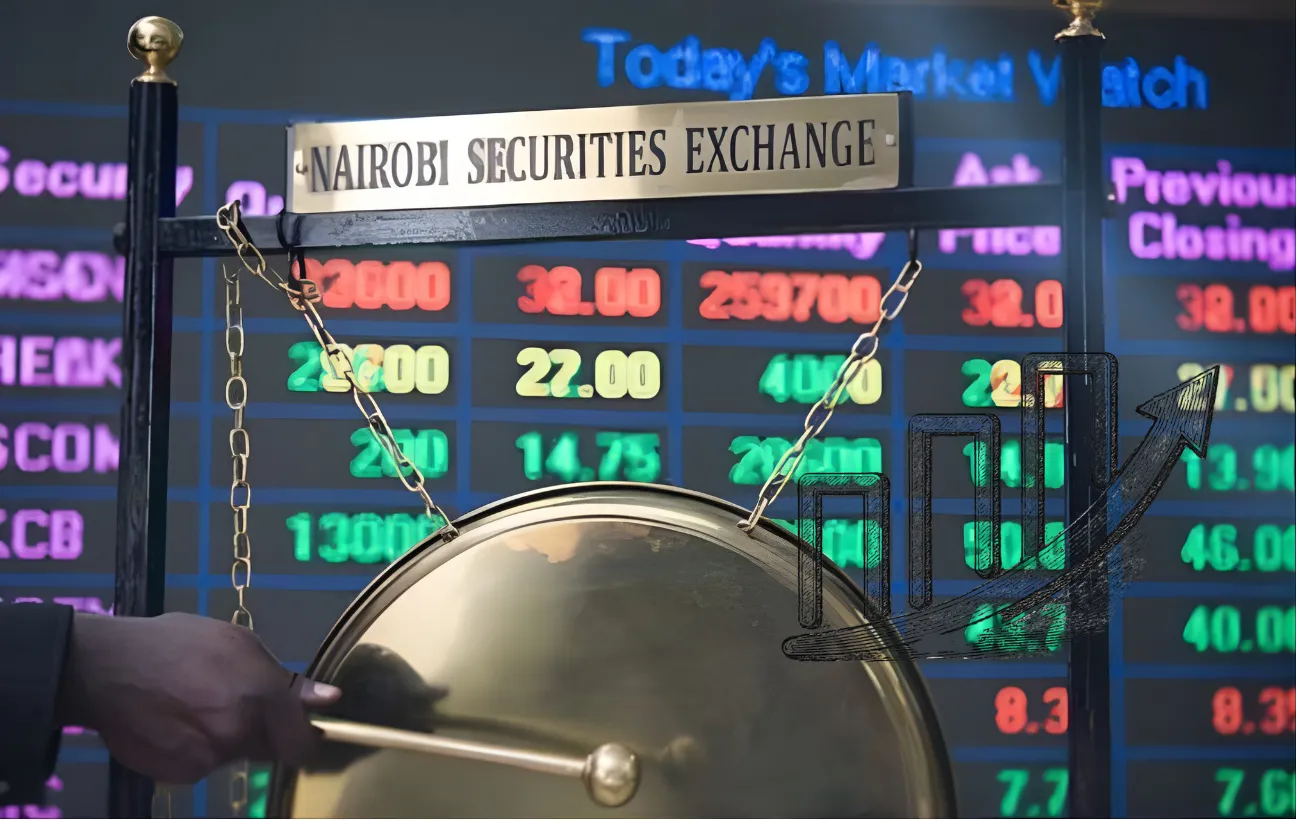Kenya has taken a major diplomatic and developmental leap forward following the signing of 24 Memoranda of Understanding (MoUs) with China during President William Ruto’s high-profile state visit to Beijing. The signing ceremony, which took place at The Great Hall of the People, was overseen by Chinese President Xi Jinping and President Ruto, and marks a new chapter in the enduring relationship between the two countries.
The agreements, which span key areas including infrastructure, education, manufacturing, agriculture, the blue economy, digital technology, and media, signal China’s reaffirmed interest in deepening its strategic footprint across Africa—and Kenya’s eagerness to leverage that partnership for its own national development agenda.
Broad-Spectrum Cooperation
The 24 MoUs represent more than just paper promises—they are strategic tools in Kenya’s bid to achieve the Bottom-Up Economic Transformation Agenda (BETA), President Ruto’s flagship development policy aimed at empowering ordinary Kenyans through job creation, industrial growth, digital literacy, and agricultural productivity.
Among the signed agreements, specific highlights include:
1. Transport and Infrastructure
China and Kenya renewed their commitment to the Belt and Road Initiative (BRI) with a cooperation plan that includes further collaboration on transport networks, trade logistics, cultural exchange, and education. The initiative has already had a major impact in Kenya, with the Standard Gauge Railway (SGR) being its most visible outcome to date.
In addition, a framework agreement on transport was signed to support the Nairobi Intelligent Transport System (ITS) Phase III. This next phase includes the upgrade of several major junctions across Nairobi, aiming to alleviate traffic congestion, improve commuter experience, and enhance urban mobility. The ITS will integrate real-time traffic monitoring and smart signaling infrastructure, with Chinese expertise and funding facilitating implementation.
Another key deal was the MoU on the railway sector, which focuses on legislation reform, rolling stock enhancement, and improved multimodal transport linkages. This is expected to revitalize Kenya’s broader rail infrastructure, connecting ports to industrial zones and ultimately reducing over-reliance on road haulage.
2. Blue Economy
Kenya’s expansive maritime territory has long remained underutilized, but with the signing of two MoUs on the blue economy, this could change significantly. The first agreement enhances cooperation in fisheries and marine affairs, aligned with the World Trade Organization’s guidelines on subsidies and sustainable practices.
The second MoU addresses aquatic exports, laying down protocols for hygiene and traceability. This is expected to open up the Chinese market for Kenyan seafood and aquatic products, with stringent quality checks meeting international food safety standards. The deal also supports marine investment and the joint development of coastal infrastructure, like fish landing sites and cold storage facilities, which are vital to increasing fishery value chains in coastal counties like Lamu, Kilifi, and Mombasa.
3. Education and Skills Development
One of the most significant signings was an MoU on Vocational Education, which is central to the BETA plan. The agreement paves the way for technical skills transfer, joint curriculum development, and digital literacy programs targeting Kenyan youth. The focus on Technical and Vocational Education and Training (TVET) institutions will help bridge the skills gap in manufacturing, construction, and ICT sectors.
Under this agreement, Kenyan vocational training centers will benefit from Chinese educational models, equipment donations, and teacher training programs. There is also potential for exchange programs between Chinese polytechnics and Kenyan TVET institutions to nurture cross-border knowledge sharing.
4. Manufacturing and Agriculture
Kenya secured over Ksh.126 billion in project funding agreements from China, split across major sectors:
- Ksh.41.4 billion ($0.32 billion) to boost local manufacturing, particularly in agro-processing, textiles, and industrial parks.
- Ksh.55.6 billion ($0.43 billion) dedicated to agriculture, targeting irrigation projects, agricultural machinery acquisition, and value addition for key crops like maize, tea, and avocados.
- Ksh.29.7 billion ($0.23 billion) for technology and innovation, including the development of smart farming tools and digitized cooperative management systems for farmers.
These investments are not just financial—they come with technological support, infrastructure development, and capacity building. The goal is to reduce Kenya’s dependency on imports by fostering a vibrant domestic manufacturing and agri-processing ecosystem.
Strategic Diplomacy and China’s Evolving African Outlook
President Xi Jinping’s Belt and Road Initiative (BRI), launched in 2013, has become China’s primary tool for expanding its economic influence through infrastructure diplomacy. Africa has been central to this vision, with Kenya being one of its most strategic partners in East Africa due to its geographical location, political stability, and economic potential.
The relationship, while sometimes controversial due to rising debt levels and fears of overdependence, has undeniably led to tangible developmental outcomes. From roads and ports to energy plants and schools, Chinese-backed projects are visible across Kenya. Yet this latest round of MoUs signals a shift beyond just infrastructure—toward broader socio-economic development, education, and sustainability.
For China, deeper cooperation with Kenya not only serves economic interests but also helps secure political goodwill and access to African markets. For Kenya, the relationship remains crucial for accessing long-term financing and technology transfer in areas where local expertise or capital is still developing.
Media, Climate, and the Digital Economy
President Ruto’s visit also produced a media partnership agreement with Xinhua News Agency. This aims to foster information exchange, improve Kenya’s news coverage in China, and offer training opportunities for Kenyan journalists. The move is seen as a strategic soft-power approach to reshaping narratives about Africa globally.
Moreover, an MoU on climate action and digital economy development underscores the growing importance of green technology and sustainable innovation. With Kenya emerging as a global leader in renewable energy—particularly geothermal and wind—Chinese investments in clean energy infrastructure could help the country achieve its environmental goals faster.
The digital economy MoU, meanwhile, includes plans to build shared digital platforms for e-commerce, fintech collaboration, and cybersecurity training—areas where China has deep experience and expertise.
A Clearer Vision for Kenya’s Future
Kenya’s partnership with China is not without critics. Concerns persist around the debt burden and the transparency of procurement contracts. However, the nature of this latest engagement suggests a more balanced and diversified strategy.
Rather than focusing solely on borrowing for mega-projects, the new MoUs reflect a broader, more nuanced approach—one that values skills development, manufacturing, sustainable blue economy practices, and modern transport systems. President Ruto has repeatedly emphasized that the BETA plan cannot be actualized without strategic partnerships that bring both capital and capacity.
The state visit has therefore not only expanded the bilateral portfolio between the two nations but also provided a roadmap for shared prosperity—anchored in mutual benefit, economic transformation, and long-term collaboration.
Looking Ahead
As the MoUs begin to transition from signatures to actual programs and projects, Kenya will face the critical task of implementation and oversight. Ensuring that agreements translate into real change on the ground—jobs, better infrastructure, increased productivity—will be the ultimate test of success.
Equally important is managing the bilateral relationship with transparency, accountability, and inclusivity—ensuring local communities benefit from foreign investments and that projects align with national goals rather than foreign interests alone.
What is clear is that Kenya has placed itself on a path of ambitious transformation, one that taps into global alliances while seeking to uplift its local economy. If the commitments made in Beijing are fulfilled with integrity and purpose, Kenya may very well be entering a new era of growth, resilience, and leadership in Africa.
Ready to take your career to the next level? Join our dynamic courses: ACCA, HESI A2, ATI TEAS 7 , HESI EXIT , NCLEX – RN and NCLEX – PN, Financial Literacy!🌟 Dive into a world of opportunities and empower yourself for success. Explore more at Serrari Ed and start your exciting journey today! ✨
Photo source: Google
By: Montel Kamau
Serrari Financial Analyst
25th April, 2025
Article, Financial and News Disclaimer
The Value of a Financial Advisor
While this article offers valuable insights, it is essential to recognize that personal finance can be highly complex and unique to each individual. A financial advisor provides professional expertise and personalized guidance to help you make well-informed decisions tailored to your specific circumstances and goals.
Beyond offering knowledge, a financial advisor serves as a trusted partner to help you stay disciplined, avoid common pitfalls, and remain focused on your long-term objectives. Their perspective and experience can complement your own efforts, enhancing your financial well-being and ensuring a more confident approach to managing your finances.
Disclaimer: This article is for informational purposes only and does not constitute financial advice. Readers are encouraged to consult a licensed financial advisor to obtain guidance specific to their financial situation.
Article and News Disclaimer
The information provided on www.serrarigroup.com is for general informational purposes only. While we strive to keep the information up to date and accurate, we make no representations or warranties of any kind, express or implied, about the completeness, accuracy, reliability, suitability, or availability with respect to the website or the information, products, services, or related graphics contained on the website for any purpose. Any reliance you place on such information is therefore strictly at your own risk.
www.serrarigroup.com is not responsible for any errors or omissions, or for the results obtained from the use of this information. All information on the website is provided on an as-is basis, with no guarantee of completeness, accuracy, timeliness, or of the results obtained from the use of this information, and without warranty of any kind, express or implied, including but not limited to warranties of performance, merchantability, and fitness for a particular purpose.
In no event will www.serrarigroup.com be liable to you or anyone else for any decision made or action taken in reliance on the information provided on the website or for any consequential, special, or similar damages, even if advised of the possibility of such damages.
The articles, news, and information presented on www.serrarigroup.com reflect the opinions of the respective authors and contributors and do not necessarily represent the views of the website or its management. Any views or opinions expressed are solely those of the individual authors and do not represent the website's views or opinions as a whole.
The content on www.serrarigroup.com may include links to external websites, which are provided for convenience and informational purposes only. We have no control over the nature, content, and availability of those sites. The inclusion of any links does not necessarily imply a recommendation or endorsement of the views expressed within them.
Every effort is made to keep the website up and running smoothly. However, www.serrarigroup.com takes no responsibility for, and will not be liable for, the website being temporarily unavailable due to technical issues beyond our control.
Please note that laws, regulations, and information can change rapidly, and we advise you to conduct further research and seek professional advice when necessary.
By using www.serrarigroup.com, you agree to this disclaimer and its terms. If you do not agree with this disclaimer, please do not use the website.
www.serrarigroup.com, reserves the right to update, modify, or remove any part of this disclaimer without prior notice. It is your responsibility to review this disclaimer periodically for changes.
Serrari Group 2025
















